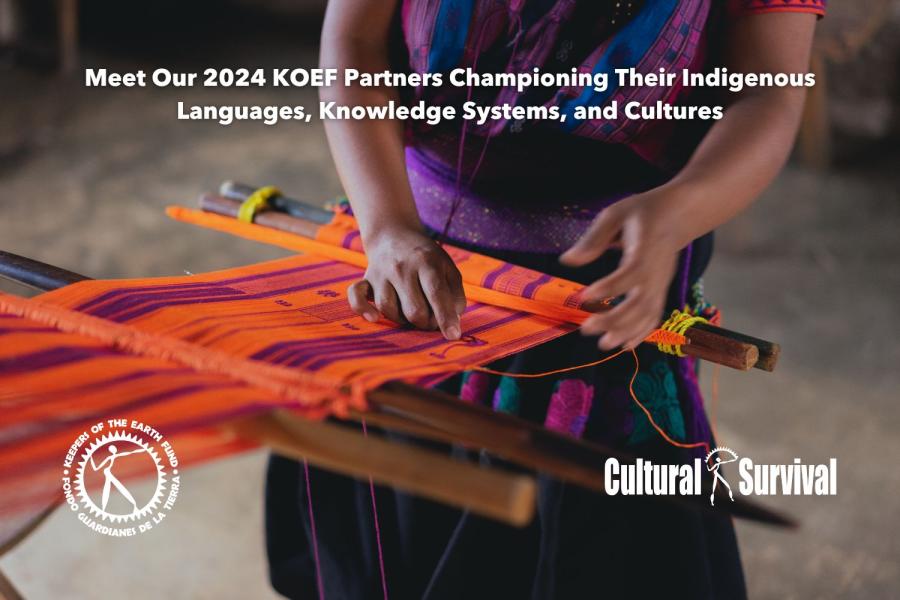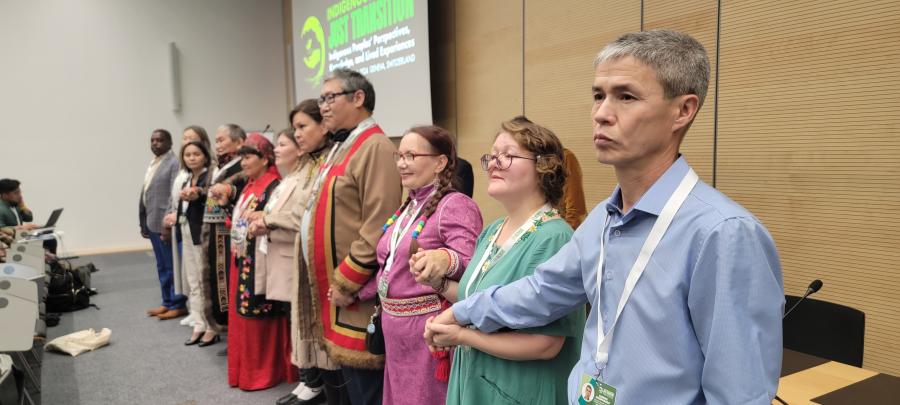I, Rigoberta Menchu
Edited and introduced by Elisabeth Burgos-Debray
Translated by Ann Wright
Verso/Schocken, 1984, $8.95
Rigoberta Menchu is one of the few surviving members of a Guatemalan Indian family that has paid a blood price to plantation owners, to corrupt government officials, and to the military. This is her story, told over the course of a week in simple but eloquent Spanish - the elite language of Guatemala that she learned in self-defense. Her life is dramatic, but she tells it only because she perceives it to be exemplary - its anguish is the tragedy of half Guatemala's population: the Indians.
In its struggle to survive her family endured the hideously cruel terms of seasonal work of the cities. The story of their resistance is also the recent history of Indian organizing to keep ancient land titles and rights, and to improve working conditions on plantations. Her quietly-recounted horror stories of death and mutilation depict the escalating brutality of recent Guatemalan governments, making painfully personal the charge of genocide against the Indian population.
The most powerful theme of this work, however, is not horror but survival, and, more than that, a sense of living community. Menchu begins her testimony with descriptions of traditional rituals surrounding pregnancy and birth; she continues throughout the book to describe, in general terms, the network of customs that Indians over four centuries of occupation have seen as their most powerful source of strength - much of what Menchu knows she is not permitted to share with outsiders. The thriving culture she describes is far from static traditionalism; Menchu's own village self-consciously and communally adapts ancient customs to the challenge of fighting a guerrilla war against the military. Her description argues that military offensives have created this response, and that Indians and guerrillas - many of whom see Indian culture as an obstacle to their proletarian revolution - are distinct.
Menchu is a remarkable leader with keen strategic and political instincts. She learned much from her father, a hero (and now martyr) of Indian politics in Guatemala. Those who saw the documentary When the Mountains Tremble will recall her assertive, cool presence as much as her testimony. But her claim to be a typical Indian, politicized through confrontation, is the canny simplification of a sophisticated politician. Menchu argues this position as someone who is shaping a movement of pan-Indian resistance, in a moment when opposition to the Guatemalan military is highly fragmented. But there is no doubt, given not only this testimony but headlines in the daily papers, that the historical process that shaped her is also shaping tomorrow's politics. The government's frontal assault on Indian communities as communities is turning the Indians' tool of survival - their own autonomous culture - into a weapon. How that weapon will be used in a struggle that includes non-Indians is the subject of intense conflict within resistance forces today.
Article copyright Cultural Survival, Inc.



